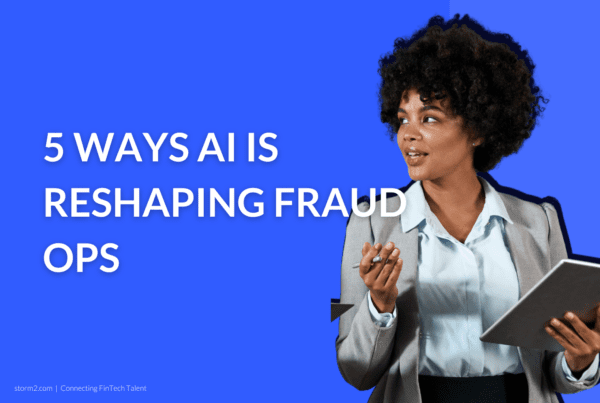What is Blockchain?
Blockchain is a common term that has been appearing in tech news. Even if you are not aware of what it is exactly, you’ll have heard about it. Many companies are utilizing blockchain technology and increasing the use of blockchain across industries. As a result, there is a huge hype around it!
In simple terms, blockchain is a database shared across a network of computers. A database is formed with records bundled together in blocks and added to the chain one after another, hence: blockchain.
Blockchain is formed with three main components:
- The record: any information
- The blocks: the bundle of records
- The chain: blocks linked together

Blockchain is a decentralized ledger tracking of one or more digital assets on a peer-to-peer (P2P) network. A decentralized network communications model that consists of a group of devices (nodes) that collectively store and share files where each node acts as an individual peer. P2P communication doesn’t use any central administration or server, which means all nodes have equal power and perform the same tasks.
Potential Opportunities in Blockchain
Blockchain can be a reliable method for keeping data, besides monetary transactions. Some potential applications are in Healthcare and Property/Automotive Recordkeeping.
Healthcare Records
Blockchain helps to provide ownership and protection to patients’ medical records as information is encoded to allow certain people to access them. In addition, this provides an alternative to prevent medical records from being altered or deleted.
Property/Automotive Recordkeeping
Blockchain in property/automotive records uses the basis of smart contracts. Maintaining property/automotive records can be time-consuming due to the inefficient process. Blockchain can potentially eliminate the need for scanning documents. Furthermore, if ownership can be stored and verified on the blockchain, owners can trust that the records are accurate and permanently recorded.
Challenges In Blockchain
Blockchain technology has unlocked several benefits not limited to the FinTech industry. However, it has disadvantages like its complex nature, regulatory restrictions and implications, implementation changes, and increasing competing platforms and companies.
Currently, there are still too many solutions targeted to resolve core issues but not enough working together to standardize it. Blockchain is also a relatively young technology which means that it still needs time for maturity. We can see many players entering the field of blockchain to solve the decentralized problem with unique solutions, for example, Corda, Hyperledger, Ripple, and more. As blockchain requires more time for maturity, there might still be a long way to witness a change in the standardization of blockchain technology.
Blockchain technology also suffers from interoperability. With multiple blockchain networks and companies, there are interoperability issues when chains cannot communicate effectively. Furthermore, interoperability is also a problem for traditional systems.
Recruiting in Blockchain
At Storm2, we work with the most innovative Blockchain companies worldwide. If you’re a blockchain business looking to hire a blockchain specialist to grow your team, we have specialized candidates ready for you to connect with. Get in touch with us!







